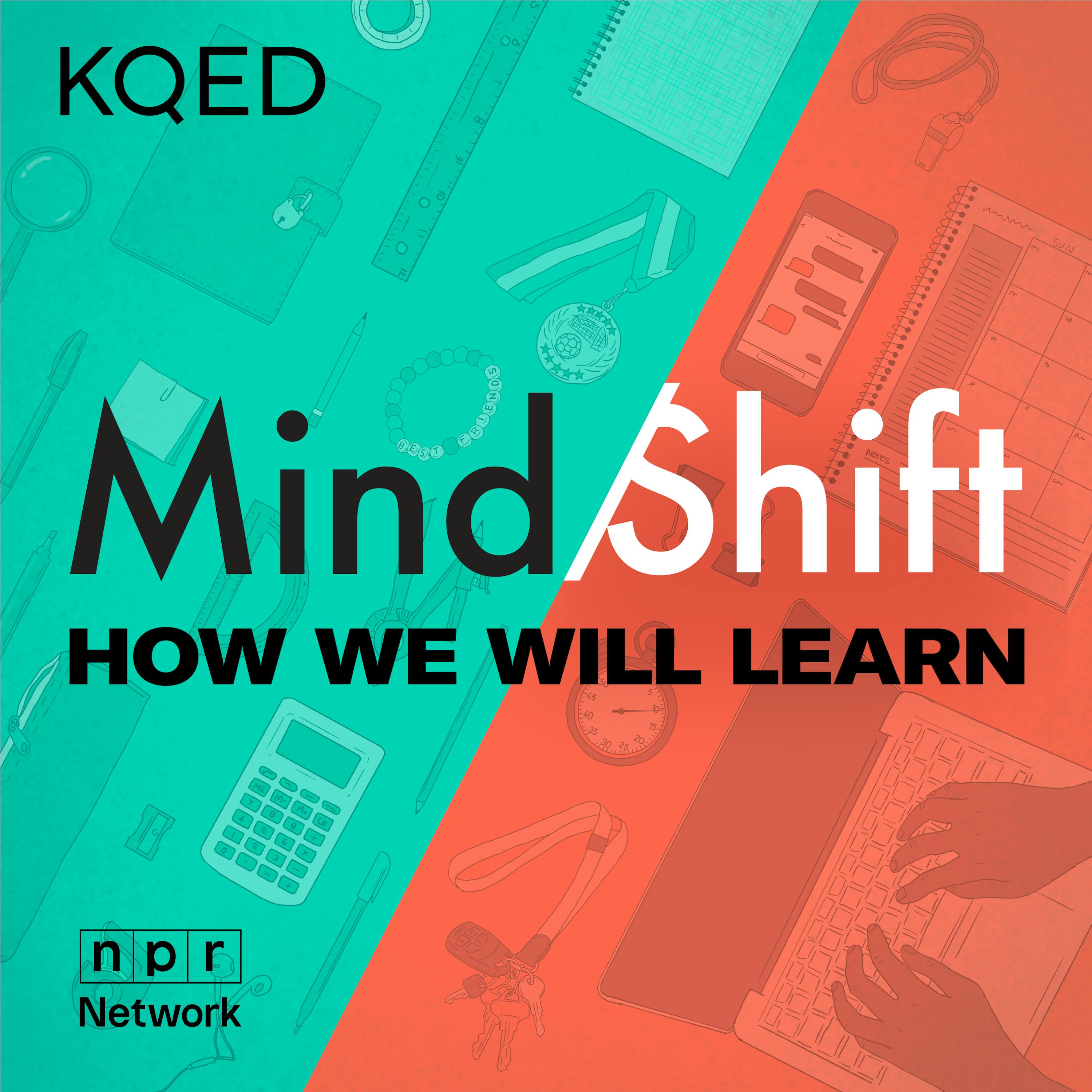
How the Mentor Mindset Can Help Adults Show Up Better for Tweens and Teens

MindShift Podcast
Key Insights
Why do adolescents need status and respect from adults and peers?
Adolescents need status and respect because their brains become sensitized to social experiences post-puberty. This need is rooted in evolutionary survival, where young individuals must prove their social contribution to the group to ensure their place.
What are the three types of roles adults can play when interacting with adolescents?
The three roles are the mentor mindset, the enforcer mindset, and the protector mindset. The mentor mindset combines high standards with supportive influence, the enforcer mindset focuses solely on high standards without support, and the protector mindset offers high support but with low standards.
Why might adults struggle to adopt a mentor mindset?
Adults may struggle because of a cultural belief in neurobiological incompetence, which suggests that adolescents' brains are immature and they cannot be expected to perform at adult levels. This belief makes the mentor mindset seem impractical or ineffective.
What are three important steps for adults to adopt a mentor mindset?
The three steps are transparency, questioning, and selling a vision of purpose. Transparency involves explaining actions and intentions clearly. Questioning means engaging in collaborative troubleshooting rather than providing direct answers. Selling a vision of purpose involves framing challenges as opportunities to contribute to broader well-being.
How can transparency in feedback help adolescents?
Transparency in feedback helps by making the intentions behind the feedback clear, which reduces the likelihood of students feeling unfairly treated or misunderstood. This approach encourages students to revise their work and learn from the feedback, particularly benefiting marginalized students who might otherwise feel targeted.
Why is collaborative troubleshooting important in a mentor mindset?
Collaborative troubleshooting is important because it positions the adult as a resource rather than an authority dispensing solutions. This approach fosters critical thinking and problem-solving skills in adolescents, making them more likely to engage with and learn from the feedback or guidance provided.
How can framing challenges with a sense of purpose motivate adolescents?
Framing challenges with a sense of purpose motivates adolescents by connecting the difficulty of the task to a broader impact on the world or those they care about. This taps into their desire for status and respect, making them more likely to work diligently and persist through challenges.
Chapters
- Adolescents' brains become sensitized to social experiences during puberty.
- The concept of status and respect is crucial for adolescents, influencing their social standing and self-worth.
- This need is rooted in evolutionary history, where adolescents had to prove their value to the group for survival.
Shownotes Transcript
David Yeager is a professor of psychology at the University of Texas at Austin and an expert in behavioral science. He just published a book titled “10 to 25: The Science of Motivating Young People.” He joins KQED's Ki Sung in conversation to share strategies adults can use to get into the best mindset for helping adolescents be their best selves.